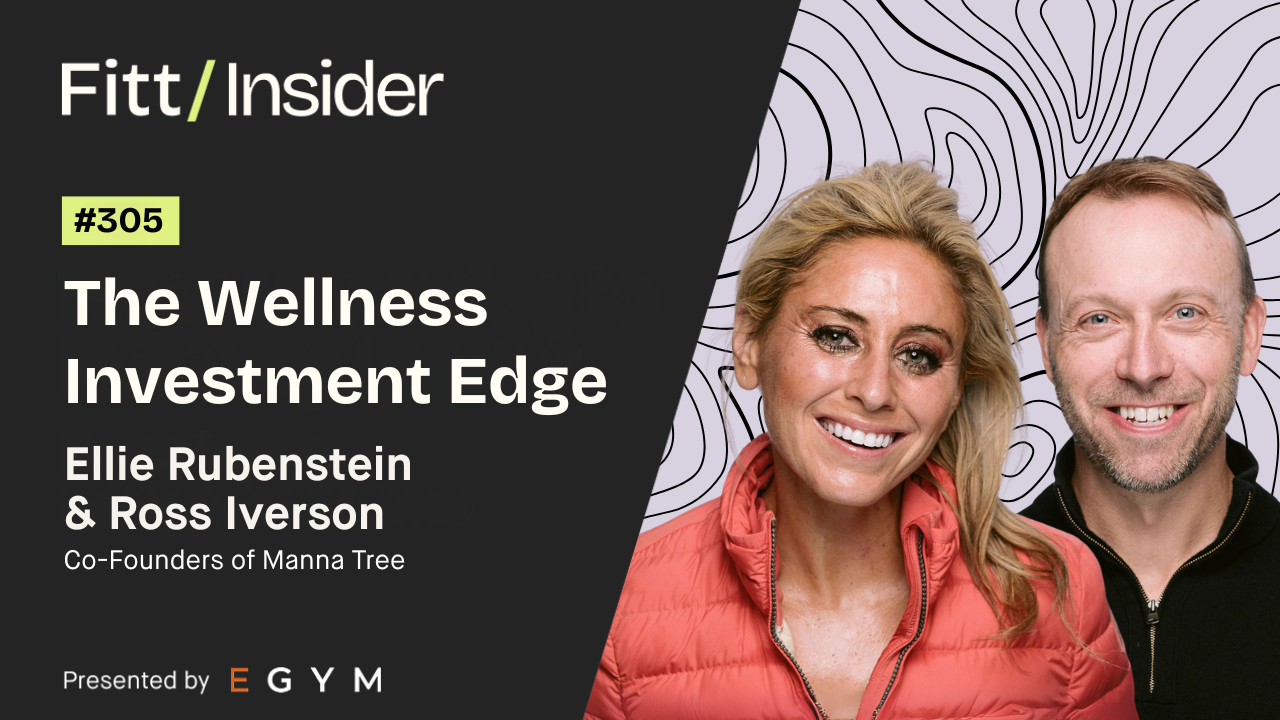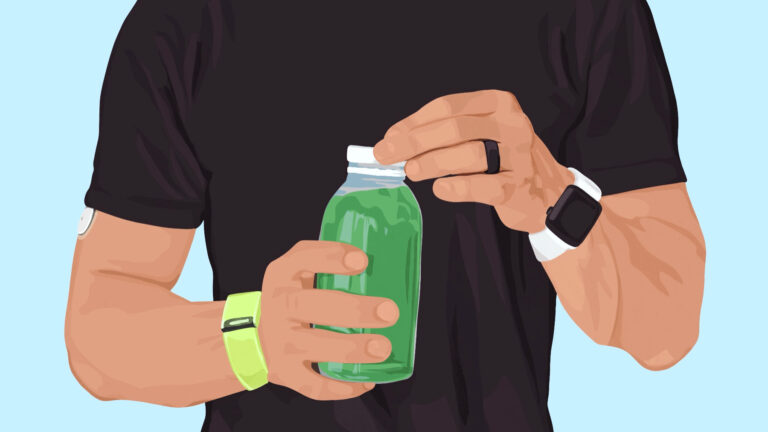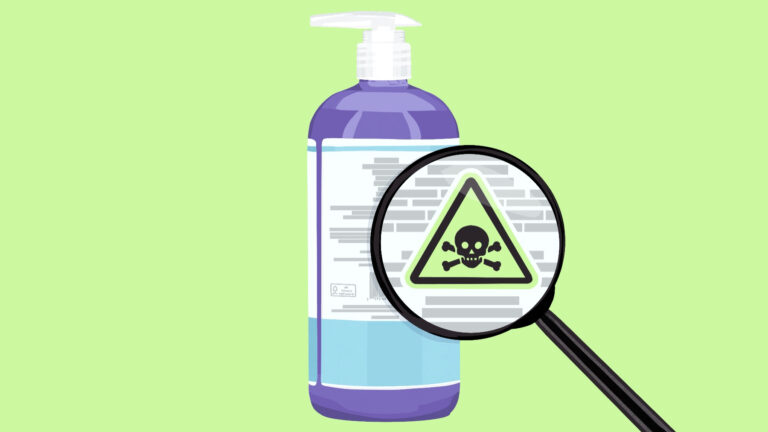
A scalable, AI-powered ecosystem.
Health optimization could start at conception.
Pro Creation
Part of a broader sexual wellness wave, fertility startups raised >$1.5B from 2019–2023. Now, healthtech and genomics are colliding to create a new reproductive infrastructure.
Not leaving fate up to chance, biotech companies want to “engineer” healthy babies, leveraging genetic testing, embryo screening, and IVF to minimize preventable disease — but the science is far from settled.
Origin Stories
Marked by inescapable endocrine disruptors and delayed family timelines, modern lifestyles have created an infertility crisis while giving rise to assistive tech as a solution.
Shedding its stigma, IVF has led to 13M+ births since 1978, and egg freezing procedures are up 400% since 2012. More recently, men’s sperm testing and freezing are gaining through companies like Posterity Health, Legacy, and Fellow, which closed a $24M Series B in July.
Completing the ecosystem, TMRW Life Sciences’ automated cryopreservation platform digitally monitors specimens until they’re needed for IVF cycles — a storage upgrade the company claims reduces potential points of failure by 94% compared to old manual methods.
Meanwhile, Gameto has raised $127M to improve in-vitro maturation, a process that involves “ripening” eggs in a lab, cutting the need for women to undergo invasive hormone injections.
As reproductive tech matures, IVF and IVM will become financially viable paths for more people.
Designer Babies
A next step, IVF x DNA testing unlocks layers of choice unavailable with natural pregnancy.
As whole-genome sequencing gets exponentially cheaper, companies like Nucleus Genomics and Orchid Health are providing DNA data to consumers for family planning purposes.
Ruffling feathers, both companies sell embryo screening to prospective parents, identifying serious hereditary diseases while providing contentious polygenic risk scores (PRSs) — claiming to predict a child’s likelihood of obesity, addiction, mental health issues, and more.
The ACMG says embryo scoring is flawed, since most conditions arise from an unpredictable mix of nature and nurture. Still, 75% of Americans are open to using the tech preventatively.
Selfish Genes
Longevity enthusiasts push embryo optimization as progress, but moral dilemmas abound.
Gaps. An obvious crux, if the masses are priced out, class-based health inequities could worsen.
Warning against eugenics, experts also say we need more ethnically diverse data, as several studies have shown PRSs are less accurate for those with non-European genes.
The 2016 bipartisan Cures Act created the All of Us Research Program to help solve for this and advance precision medicine, but funding was recently slashed.
Fates. Critics worry consumers will see scores as fatalistic, belittling the role of lifestyle, environment, healthcare, and free will. Yet, research has shown PRSs can also inspire high-risk people to adopt healthier behaviors.
Takeaway: The idea of debugging DNA for future generations is an enticing ethical conundrum. For now, it’s expensive and unproven “insurance” for the rich, but as the tech matures, we may have to confront questions no one holds answers to.
🎙 On the Podcast

Manna Tree Partners co-founders Ellie Rubenstein and Ross Iverson talk investment strategy.
A health and wellness-focused private equity firm, Manna Tree helps category-defining companies scale revenue and reach national distribution.
We also cover: Generational spending shifts, sector-specific challenges, and wellness as an asset class.
Listen to today’s episode here
☕️ Wellness is the new morning ritual
Coffee chains are swapping sugar highs for functional fuel to court health-seekers.
The latest: Starbucks is cleaning up its menu, adding protein-packed drinks and cold foam while cutting high-fructose corn syrup, artificial dyes, and seed oils.
Getting grande. With 70% of Americans craving more protein and 28% of restaurants calling it out, chains are bulking up. Dutch Bros launched protein coffee, while Joe & the Juice teamed with Kevin Durant on a 33g steak sandwich.
Daily dose. Forging new rituals, Bluestone Lane now serves AG1 and will co-host run clubs. Entering NYC, Erewhon will sling viral smoothies inside Kith’s new padel club, while SunLife Organics tapped Andrew Huberman to open its SoHo shop.
Punchline: As consumers chase added benefits, cafes are brewing loyalty, lifestyle, and new revenue streams.
🏋️ Give Your Trainers Superpowers
EGYM is bringing AI to every fitness floor.
Smarter workouts. Combining real-time performance data with each member’s unique BioAge, EGYM Genius creates adaptive training plans — integrating free weights, smart machines, and 200+ tech partners.
✅ Members get tailored, progressive workouts
✅ Trainers deliver more support with less busy work
✅ Facilities gain modern, expert-led, and member-focused upgrades
It’s personalization at scale. It’s AI and BioAge working together to boost retention, efficiency, and outcomes.
Learn more at EGYM.com
🎽 Activewear brands lighten up
With Gen Z prioritizing mental health, activewear brands are testing softer slogans.
What’s happening: Nike swapped Just Do It for “Why Do It?” in a new campaign featuring LeBron James, Caitlin Clark, and Carlos Alcaraz.
Bold as love. Tapping artistically daring rapper Tyler, the Creator to narrate, it’s reminding youth the real win is pursuing personal greatness — regardless of outcomes. The switch-up arrives after Nike’s revenue slumps and rivals like On gain ground.
Soft wins. Setting the soft wellness tone, On preaches expression over perfection, enlisting non-athletes Zendaya, FKA twigs, and Burna Boy for collabs. Cutting ties with Nike, Christian McCaffrey joined mindfulness-focused while on earth as co-founder.
Baby steps. Knowing most consumers aren’t hardcore athletes, brands are pivoting toward more intentional movement mindsets, reframing fitness as a commitment to self.
Punchline: Nike sells performance culture, but younger consumers haven’t been buying. TBD if the slogan refresh fuels much-needed momentum.
📰 News & Notes
- The latest health & wellness exec moves.
- Life Time announces inaugural LT Games.
- Gymshark enters footwear with R.A.D. collab.
- Neko Health expands full-body scan footprint.
- 3DLOOK adds AI-powered guidance to body scans.
- Caldera + Lab launches anti-aging skincare for men.
- GenoPalate expands personalized nutrition platform.
- Happy Head unveils DNA-personalized hair health kit.
- Eleiko unveils high-performance, sensor-ready barbells.
- Evolv debuts oral peptide supp for weight management.
- Parsley launches longevity labs, enters bloodwork arms race.
- Joi + Blokes launches diagnostics-led precision supplements.
- BODi taps Autumn Calabrese for hormonal health, Pilates programs.
- We already know your next hire: Enlist Fitt Talent Partners to help grow your team.
💰 Money Moves
US 🇺🇸 / Canada 🇨🇦
Supplements maker Bloom Nutrition secured an equity investment from performance nutrition company Nutrabolt.
Zepp Health, maker of Amazfit wearables, acquired women’s training app Wild.AI.
Women’s 3v3 basketball league Unrivaled secured a Series B at a $340M valuation.
Magic Mind, maker of mental performance beverages, secured $12.4M in funding.
Remedy Meds, a telehealth platform prescribing compounded GLP-1s, acquired rival Thirty Madison in a deal “north of $500M.”
Massage tech company Aescape secured an investment from entertainer Logan Paul.
Wearables maker WHOOP landed an investment from singer Niall Horan.
Blue Jeans Golf, operator of premium driving range chain Golf Ranch, secured $20M in a Series B led by Old Tom Capital and Creator Sports Capital.
Cognitive health platform NewDays announced a $7M seed round from General Catalyst and Madrona.
Telehealth platform Thrive acquired AI-powered preventative health platform Bionic Health.
Cancer care platform Daymark Health raised $20M in a Series A round.
Intuition Robotics added an investment from Kanematsu Corporation to develop its AI eldercare companion ElliQ for the Japanese market.
Multi-specialty clinic group Harbor Health raised $130M in a round co-led by General Catalyst, 8VC, and Alta Partners.
Europe 🇪🇺
Performance sunscreen maker Pelotan announced £250K ($338K) and entered the US.
Spanish fitness operator VivaGym acquired Grupo Gymnasium, operator of five gyms in Portugal.
UK-based fitness operator NRG GYM acquired Pump Gyms, operator of five sites in the UK.
Teton.ai, a Danish digital twin-enabled eldercare operating system, raised $20M in a Series A.
TDR Capital sold luxury gym chain David Lloyd Leisure to itself via continuation vehicle transaction, valuing DLL at £2B ($2.71B).
Asia 🌏
Indian movement health platform FlexifyMe raised Rs 20 crore ($2.4M) in a pre-Series A round led by IvyCap Ventures.
Australia 🇦🇺 / New Zealand 🇳🇿
Andromeda, developer of AI robots to combat loneliness, secured A$23M ($15.2M) in a round led by Forerunner Ventures.
Today’s newsletter was brought to you by Anthony Vennare, Joe Vennare, Ryan Deer, and Jasmina Breen.






